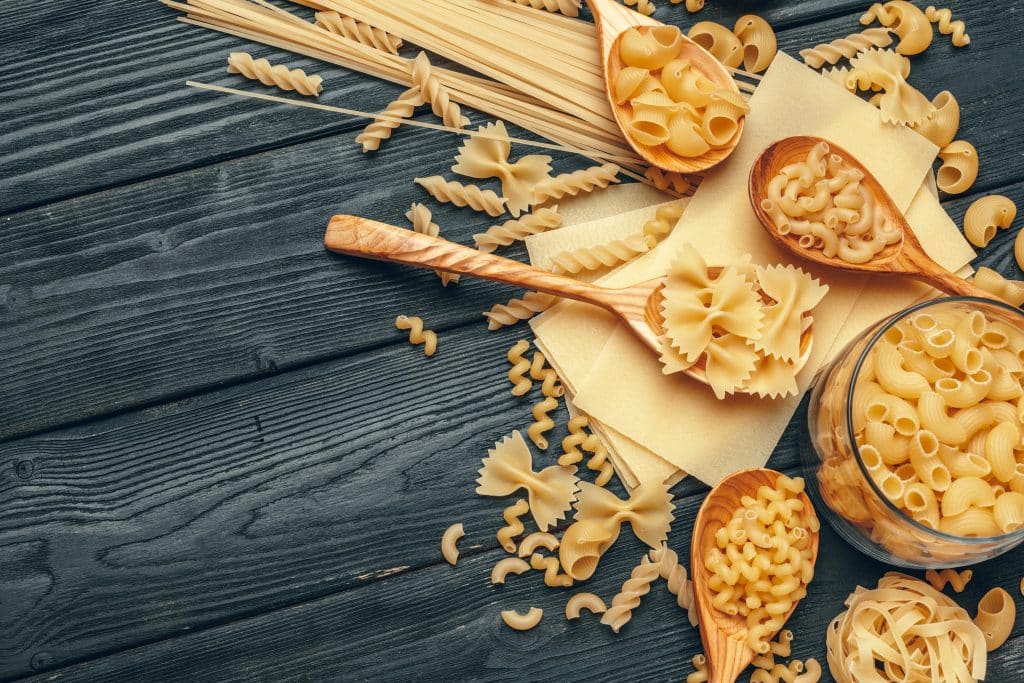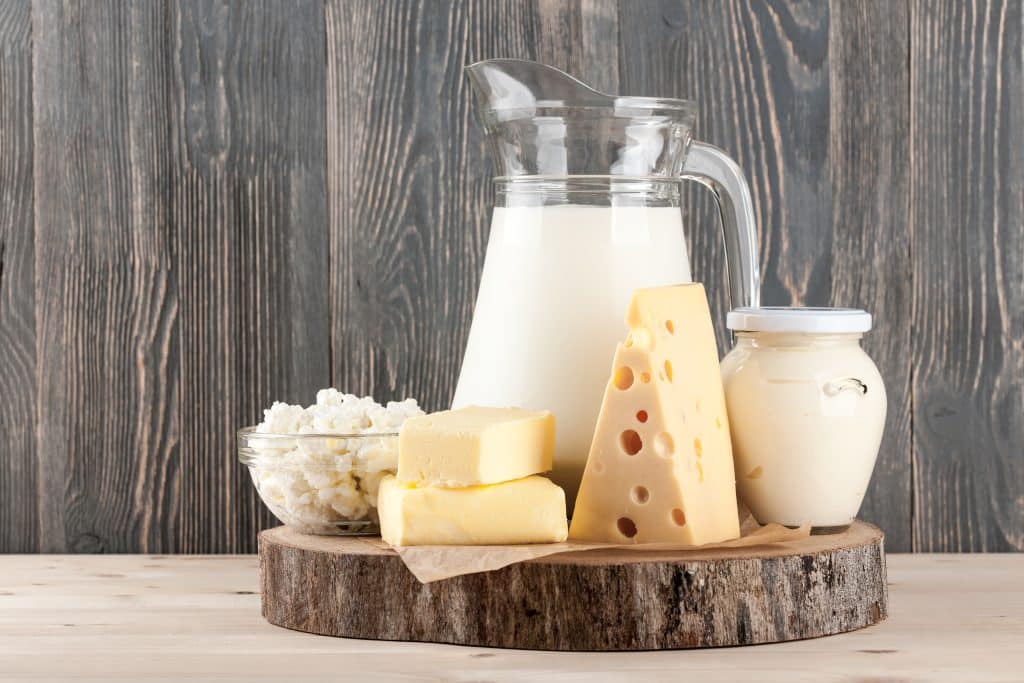Navigating the world of food choices can be overwhelming, particularly when arthritis is a constant companion. The importance of knowing which foods to avoid cannot be overstated, as it becomes a pivotal strategy in symptom management. This article serves as your compass through the labyrinth of dietary options, zeroing in on foods that could be exacerbating your condition. From the hidden sugars in your morning coffee to the saturated fats lurking in your go-to fast-food items, this guide will dissect how these everyday choices can influence your arthritis symptoms. So, let’s set sail on this culinary journey toward improved well-being.
Contents
Understanding Arthritis And Inflammation

Arthritis isn’t just a single disease; it’s a complex disorder that encompasses more than 100 different conditions. All of these conditions have one thing in common: inflammation. Inflammation is the body’s natural response to injury or infection, but in the case of arthritis, this inflammation becomes chronic, leading to pain, stiffness, and swelling in the joints. Understanding the role of inflammation in arthritis is crucial because it sets the stage for how dietary choices can either alleviate or exacerbate symptoms.
Now that you understand the link between arthritis and inflammation let’s talk about the role of diet. Food can be a powerful tool in managing inflammation. Certain foods have anti-inflammatory properties, like omega-3 fatty acids found in fish, while others can trigger inflammation. Knowing what to eat and what to avoid can make a significant difference in how you feel day-to-day. This article will focus on the latter, providing you with a list of foods that are best avoided if you have arthritis.
The Sugar Trap

Ah, sugar—the sweet substance that makes desserts delightful but can be a nightmare for arthritis sufferers. Studies have shown that sugar can trigger the release of inflammatory messengers called cytokines. These cytokines can exacerbate arthritis symptoms, making your joints feel like they’re on fire. High sugar intake has also been linked to increased levels of inflammation markers in the blood, providing more evidence to steer clear of sugary foods.
So, what should you avoid? The list is long but includes obvious culprits like soda, candy, and processed snacks high in sugar. But be cautious; sugar can also hide in less obvious places, like salad dressings and bread. Always read labels carefully and consider using alternative sweeteners like stevia or monk fruit, which don’t have the same inflammatory effects.
Beware Of Refined Carbohydrates

Refined carbohydrates are another category of foods that can wreak havoc on your arthritis symptoms. These carbs have been stripped of most of their fiber and nutrients, leaving behind a product that quickly raises blood sugar levels. Elevated blood sugar can lead to increased production of inflammatory chemicals, making your arthritis symptoms worse.
So, what are these refined carbohydrates you should be cautious of? White bread, pasta, and pastries top the list. These foods are not only low in nutritional value but also high in inflammatory potential. Opt for whole grains like whole-wheat bread, brown rice, and quinoa to keep inflammation at bay. These healthier options are not only better for your arthritis but also beneficial for your overall health.
The Dairy Dilemma

Dairy products can be a contentious topic when it comes to arthritis. Some studies suggest that dairy can exacerbate symptoms, particularly in people who are lactose intolerant or sensitive to cow’s milk. The proteins in dairy can irritate the tissue around the joints, leading to increased inflammation and discomfort.
On the flip side, not all dairy products are created equal. While you might want to avoid full-fat versions of milk, cheese, and butter, low-fat and non-dairy alternatives can be a better choice. Almond milk, oat milk, and lactose-free options can provide the calcium you need without the inflammatory side effects. Always consult your healthcare provider for personalized advice, as individual responses to dairy can vary.
The Saturated Fats Snare

Saturated fats are often vilified in the health world, and for good reason. These fats are known to raise levels of bad cholesterol, contribute to heart disease, and, yes, you guessed it, exacerbate inflammation. Foods high in saturated fats can trigger adipose (fat tissue) inflammation, which is not only an indicator for heart disease but also worsens arthritis inflammation. The cycle of eating saturated fats leading to increased inflammation and more severe arthritis symptoms can be a hard one to break.
So, where do these saturated fats lurk? Red meat, fast food, and fried items are the usual suspects. But they can also be found in everyday items like certain cuts of poultry, pork, and even some plant oils. Replacing these with healthier fats, such as those found in olive oil, avocado, and nuts, can make a world of difference. These healthier fats contain anti-inflammatory properties that can help counteract some of the negative effects of arthritis.
The Salt And Preservatives Pitfall

Salt is a staple in most kitchens, but for arthritis sufferers, it can be a hidden enemy. High salt intake has been linked to increased inflammation and high blood pressure, both of which can aggravate arthritis symptoms. Moreover, many processed foods contain not just salt but also preservatives and additives that can trigger inflammation. These ingredients can lead to fluid retention, exacerbating joint swelling and pain.
What foods should you be cautious of? Canned goods, processed meats like sausages and hot dogs, and snack foods like chips often contain high levels of salt and preservatives. Reading labels can help you make smarter choices. Opt for fresh fruits and vegetables, lean meats, and whole grains that you can season yourself. This way, you control what goes into your body and, ultimately, how your joints feel.
Nightshades: Friend Or Foe?

Nightshades are a family of plants that include tomatoes, eggplants, and peppers. While they are nutritious and beneficial for most people, they contain compounds called alkaloids that can impact nerve-muscle function and digestive function in sensitive individuals. Some arthritis sufferers report that consuming nightshades can trigger flare-ups, although scientific evidence is still inconclusive.
Given the controversial views on nightshades and arthritis, what’s the best course of action? If you suspect that nightshades may be affecting your arthritis symptoms, consider eliminating them from your diet for a few weeks to see if you notice any improvement. Foods like sweet potatoes, cauliflower, and leafy greens can serve as excellent substitutes that are not only delicious but also packed with anti-inflammatory benefits.
Charting Your Course To A Healthier You
Navigating the dietary landscape when you have arthritis doesn’t have to be a journey you take alone. While this guide has highlighted foods that can exacerbate your symptoms, remember that each individual’s experience can differ. The key takeaway is to be mindful of your food choices and consult healthcare providers for personalized advice. By making informed decisions, you’re not just managing arthritis; you’re taking a proactive step toward overall well-being.


